02
ABSOLUTE MAJORITY 1964, BRA, 18 min
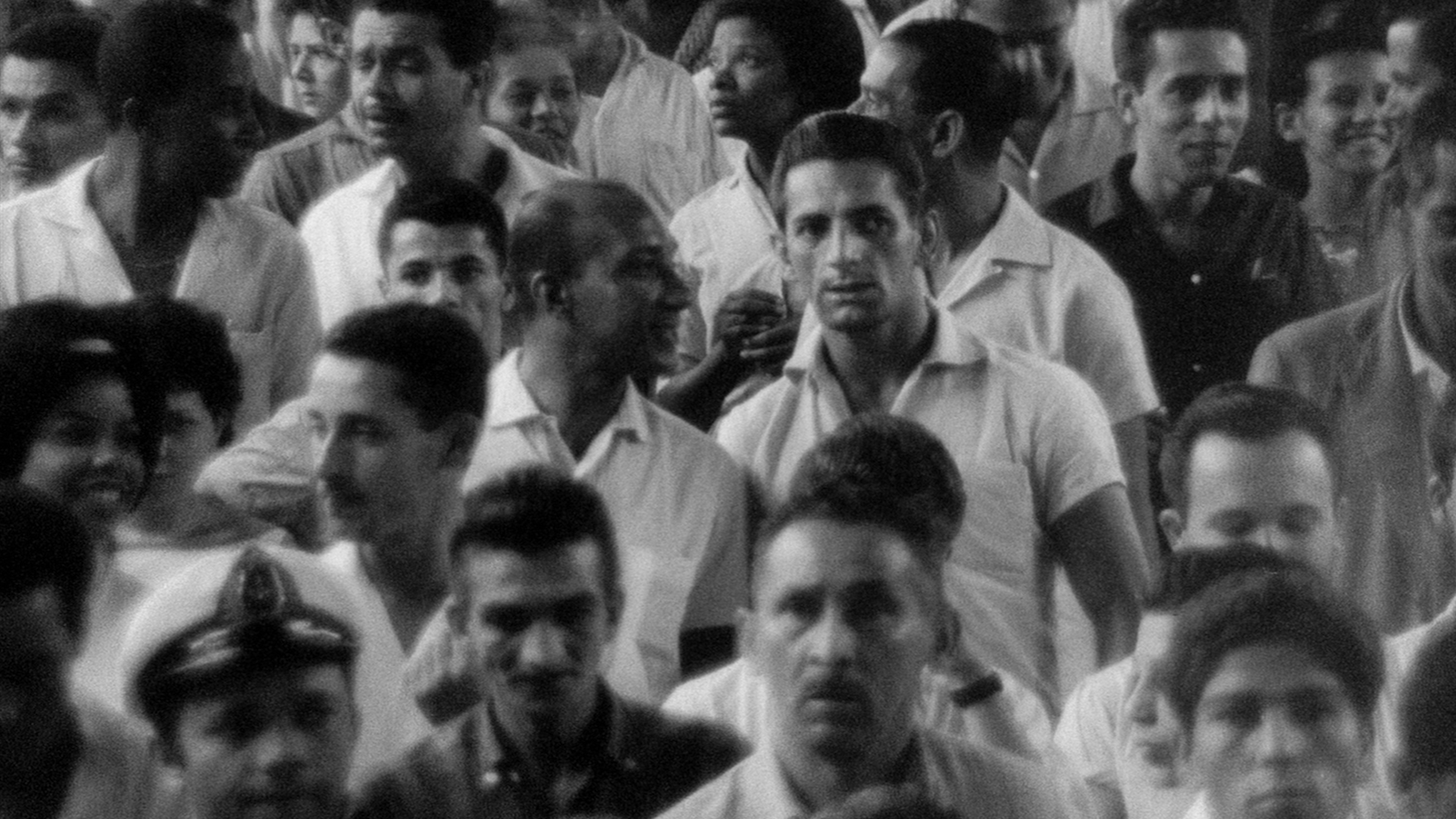
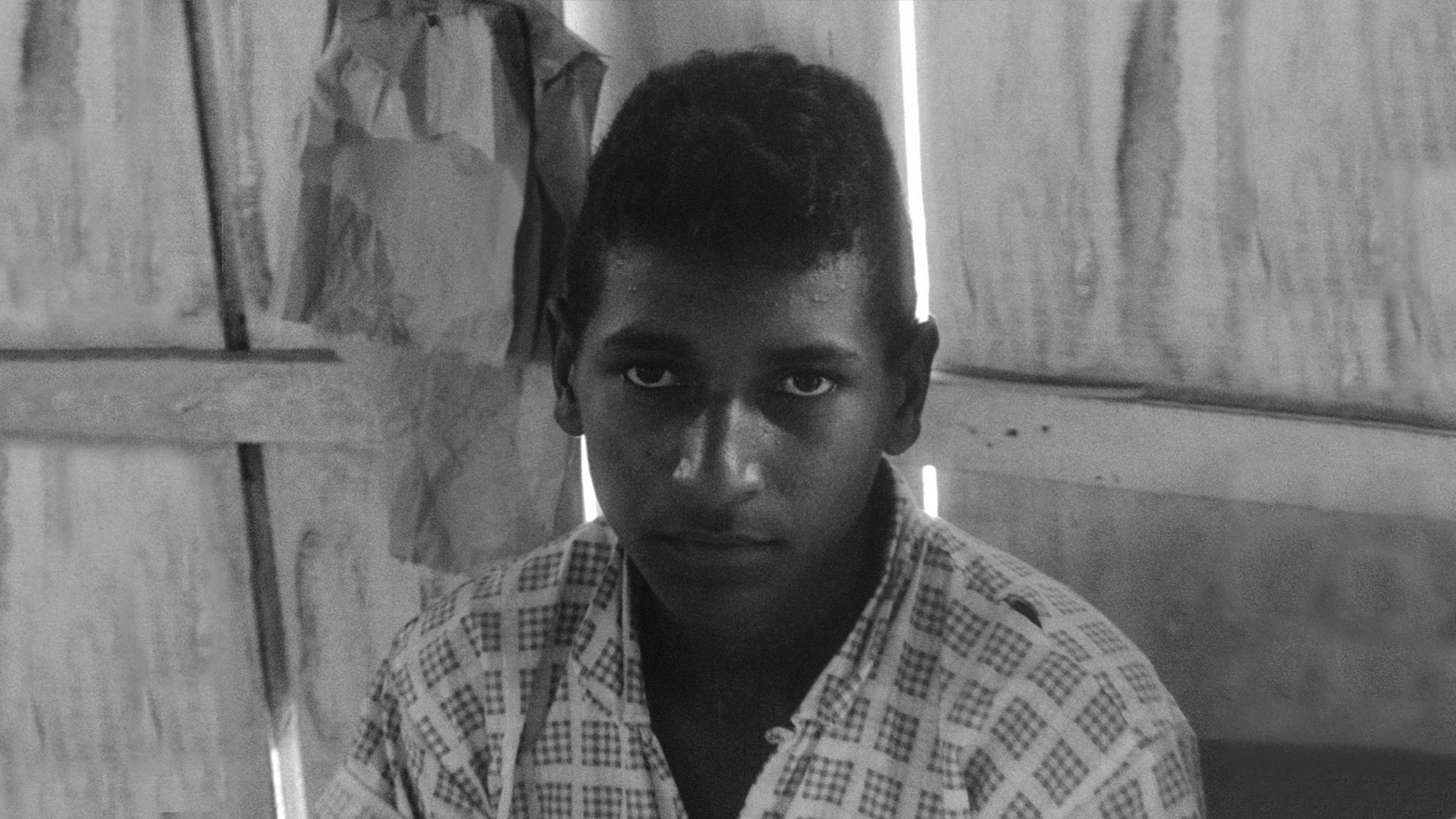

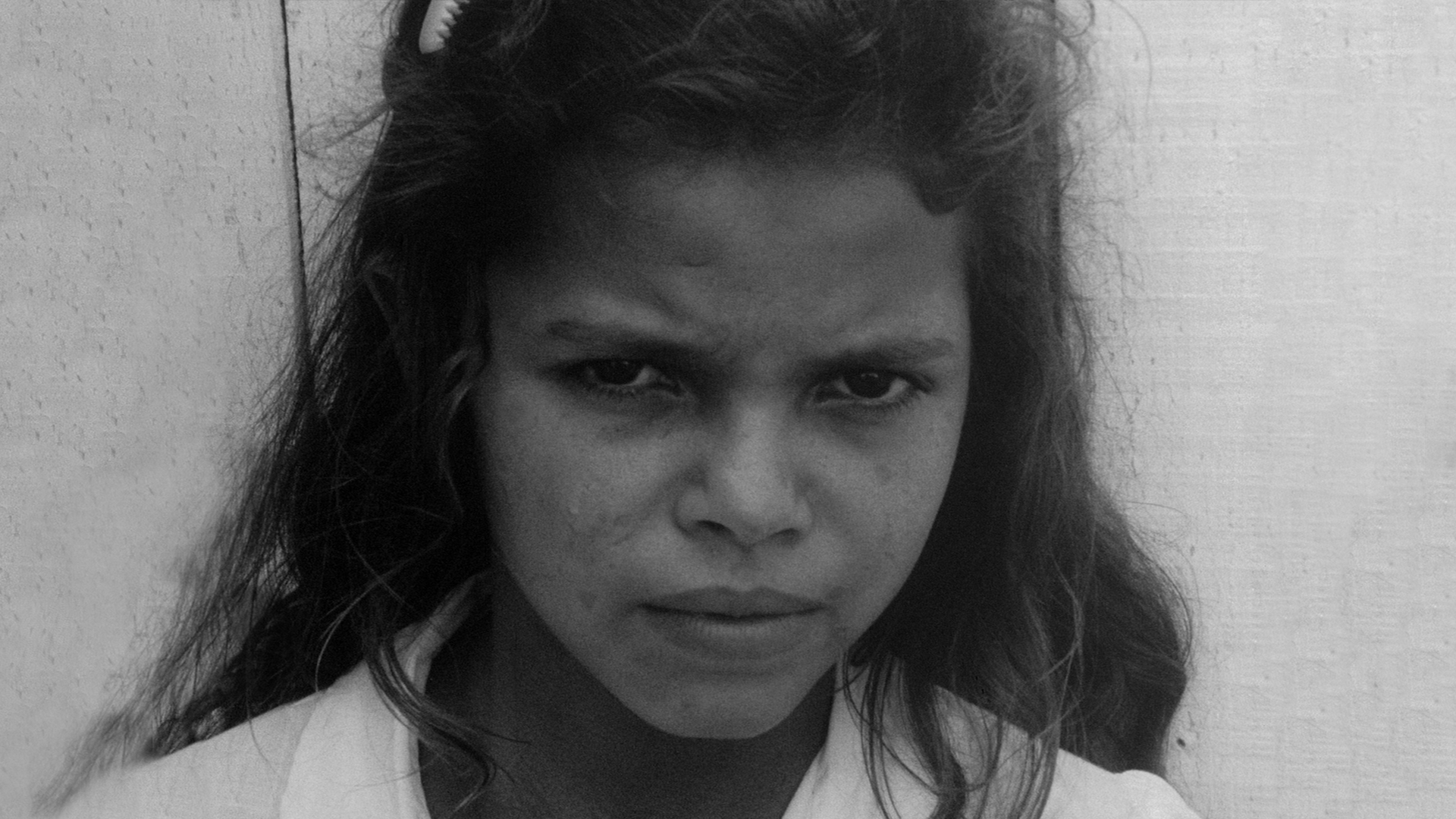
a film by LEON HIRSZMAN
Filmed in 1963 and edited in early 1964, “Absolute Majority” gives voice to the illiterate, shows the living conditions of peasants who are prevented from voting and denounces the social inequality in the country. With the advent of the military coup, the documentary was banned until 1980.
Filmed in 1963 and edited in early 1964, “Absolute Majority” gives voice to the illiterate, shows the living conditions of peasants who are prevented from voting and denounces the social inequality in the country. With the advent of the military coup, the documentary was banned until 1980.
My risk was always that of moving in the field of my convictions. I move in the field of freedom, for freedom. I don’t move myself on the fields of hesitation and darkness. No, I don’t move myself in that field because I think the intellectual that moves in light and is in touch with the people, through a perspective of social justice, of world peace and effective democracy, of the constant amplification of a country’s democracy, I think that intellectual has a true path.
Leon Hirszman in an interview to Jornal do Brasil, 1981
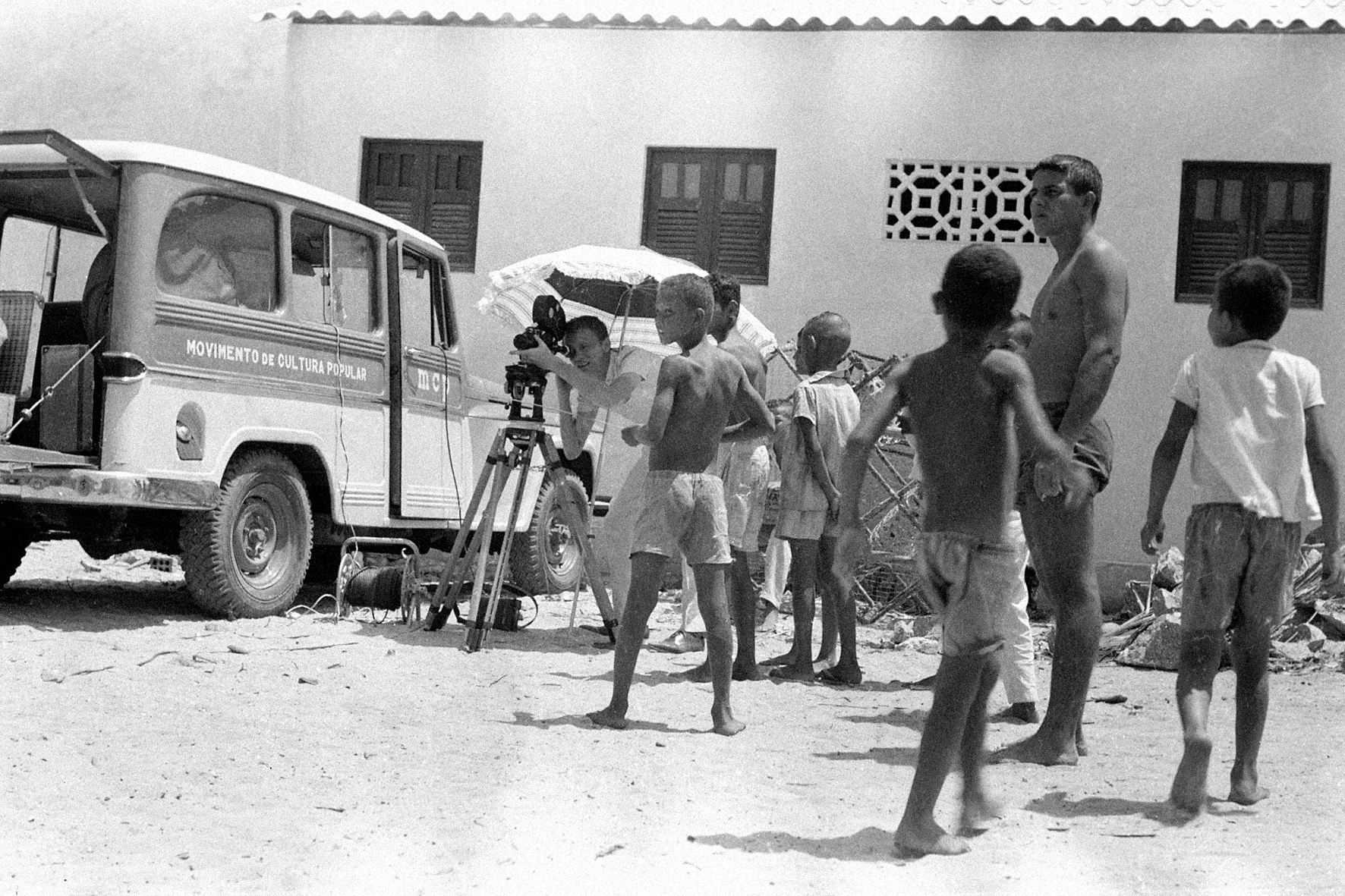
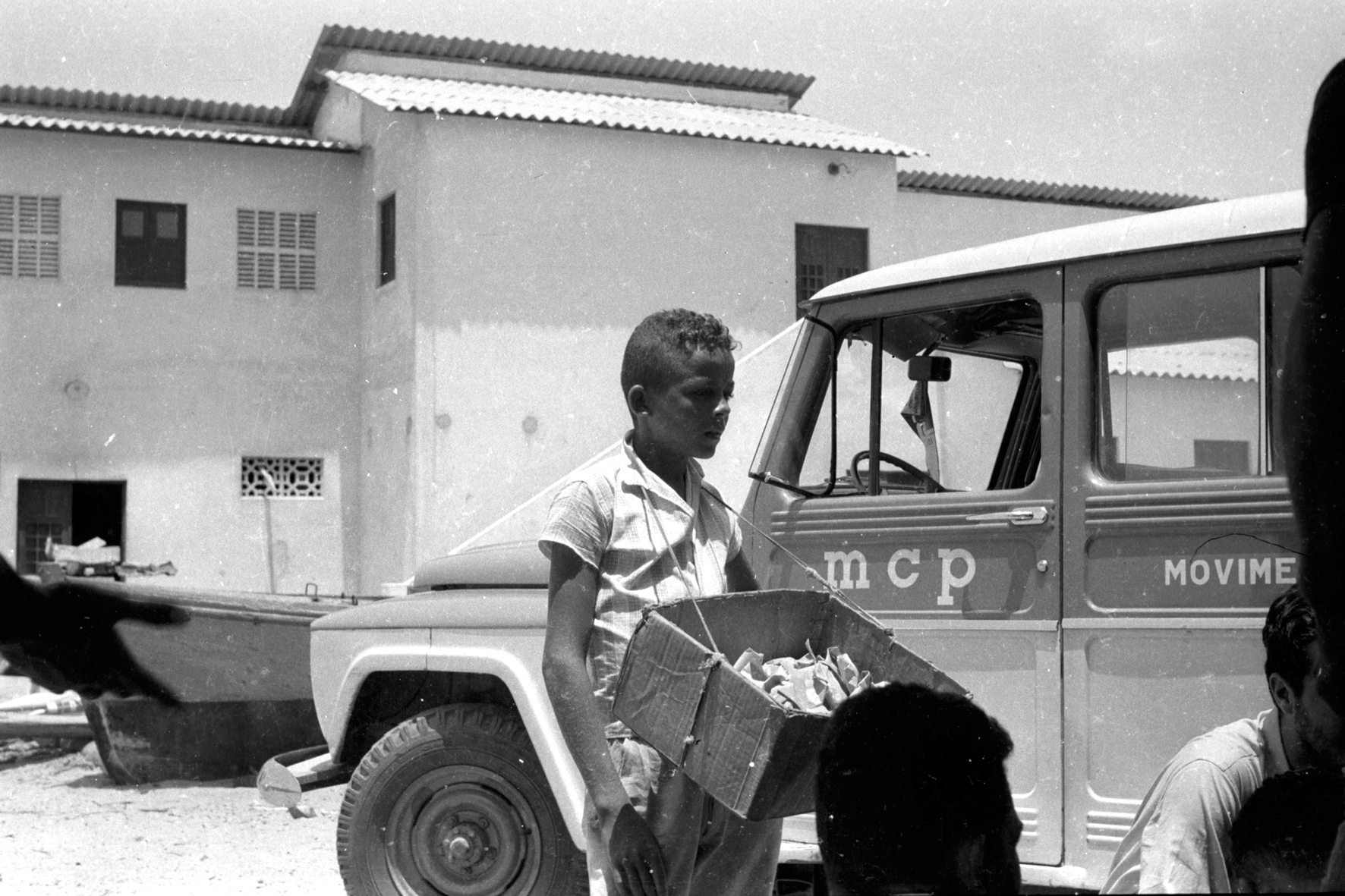
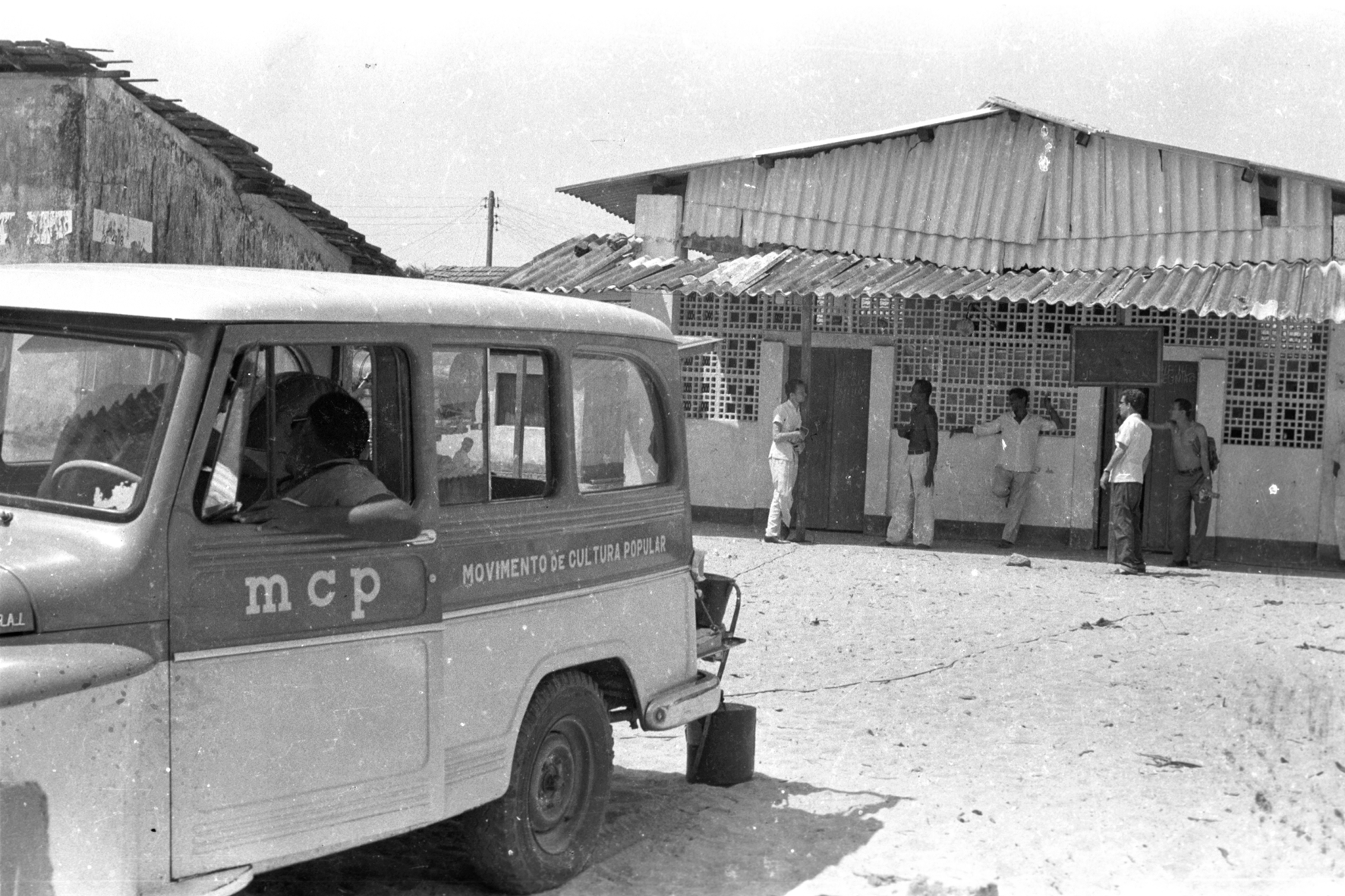

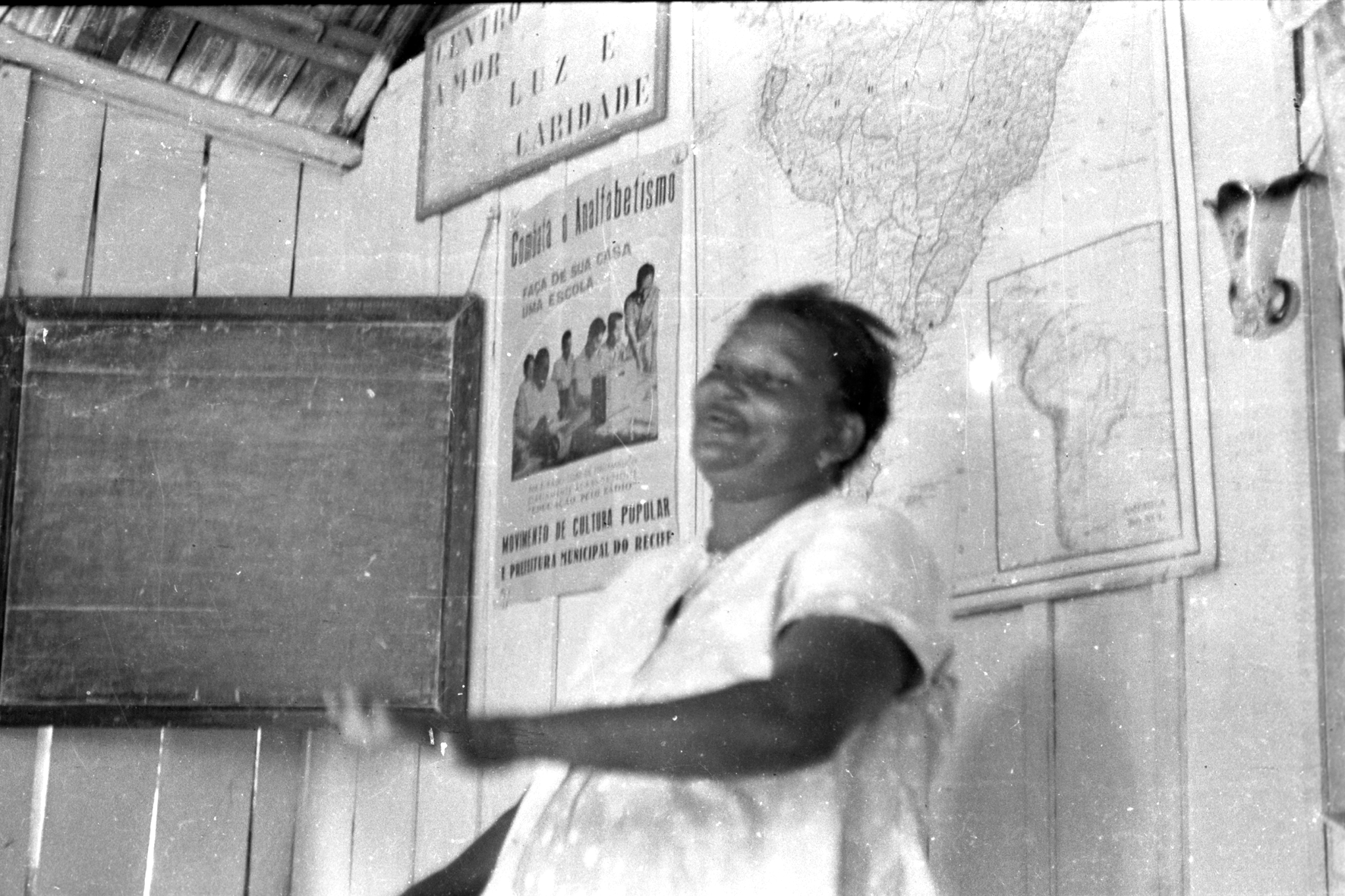



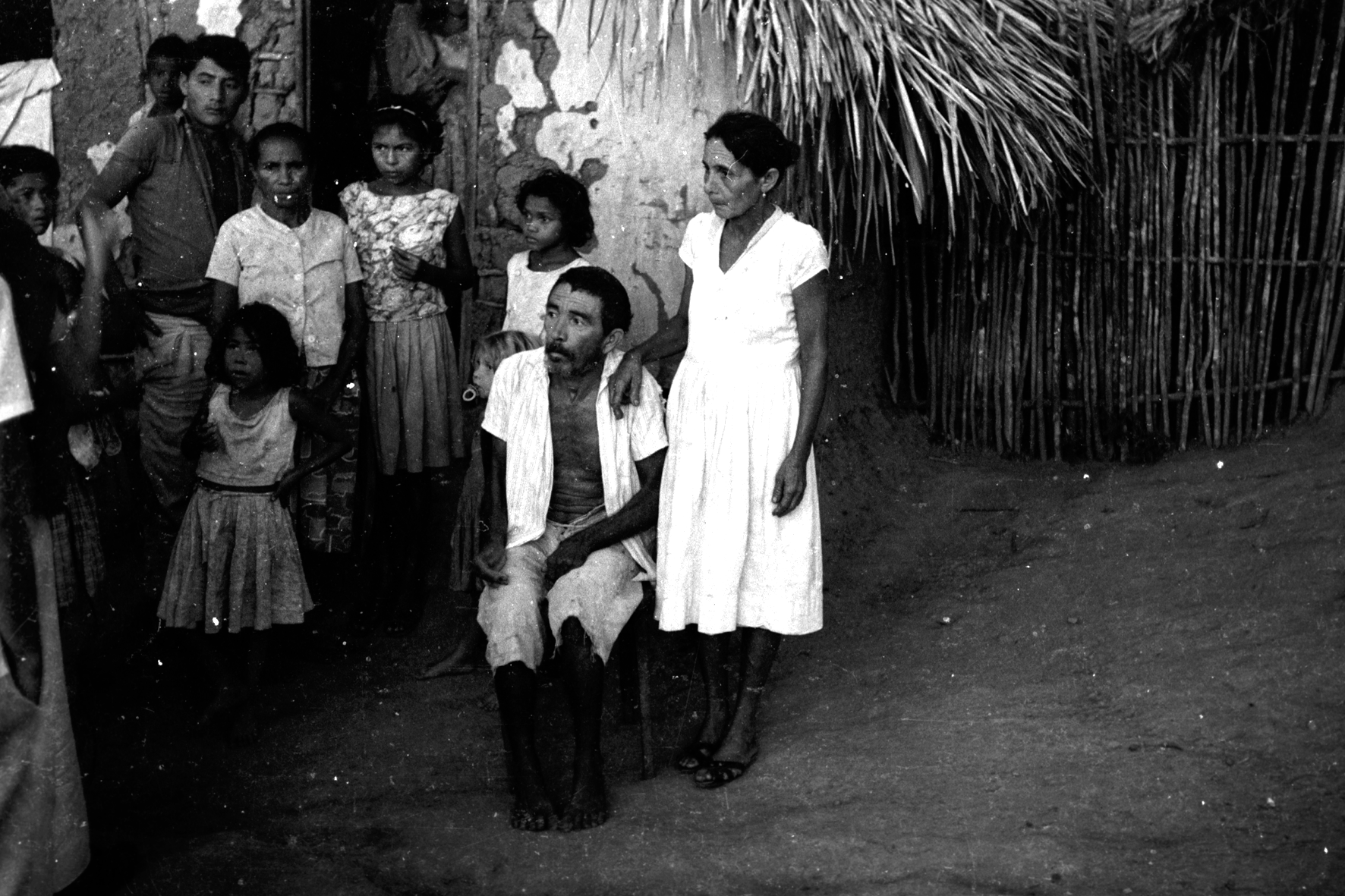

Text by Aline Belfort
We all agree that education is one of the pillars for a free and just society. Writing is one of the many possible ways of designing thought, one of the many possible ways of having a voice within a society. In Brazil, until 1985, those who could not read or write could not vote. This achievement came with the approval of the Constitutional Amendment No. 25, in the context of the re-democratization of a country, with the end of the military dictatorship and the expansion in the participation of social majorities in politics.
1964, the year of the military coup in Brazil. The film begins with a literacy class, words are the light in a dark environment where silhouettes attentively observe lines forming words, forming thoughts. “This movie is not about teaching people how to read and write. It’s about the illiteracy that marginalizes 40 million of our brothers” - Ferreira Goulart’s voice echoes after a prayer that sings “our hope”, the last sentence of this prayer, which subtly tells us that despite so much suffering, it is through faith that the people move forward and believe in a possible path of justice.
The year of 1964 was a year of tension and hope in that country. On one side João Goulart, then president of Brazil, who went to Central do Brazil, in Rio de Janeiro, announcing several measures that could have changed the course of that country living in the shadow of a colonised past. The rally in the Central brought together around 150.000 people and the measures announced were many, among which, the agrarian and the educational reform, where one of the focuses was the fight against illiteracy through the Paulo Freire method, the one that appears in the film. The process proposed by Paulo Freire begins by surveying the vocabulary universe of the students and the community. Through informal conversations, the words that are most used by the students and the community are the used as the basis for the lessons. A method that takes into account the experience of those people, the letters and sounds that they assimilate more easily. “Barraco” / “Shed” is the word that appears in the black board in the film.
Leon Hirszman, in his second film “Absolute Majority”, captures the ambivalence in Brazil at the time with criticism, history and a powerful editing by Nelson Pereira dos Santos, and shots (Luiz Carlos Saldanha) that create a dialogue with Ferreira Goulart’s narrative-voice. “Precisely because we do not know its causes, we seek absurd solutions and miraculous remedies”. Leon gives voice and image to different spheres of the Brazilian society, focusing his direction on the difference: the train stations and the popular fairs where people don’t stop, handheld camera, zoom-ins on the expressions of those who were punished by injustice and hunger, in absolute contrast with the previous scenes, which fortunately occupy little space in the film, where the bourgeoisie claim that the Brazilian problem is the lack of morals or the indolence of the people, in static, peaceful shots, where those who speak are surrounded by space in the frames, isolated by the size of their ego or by the objects that decorate their mansions.
“The problems are many and there are many opinions”, Leon travels to the Northeast Region, the poorest region in Brazil and a historic one of political engagement, to hear the voices of the farmworkers who denounce their deficient working conditions, their anguish and their awareness of injustice in collective and unhurried shots where he listens and shows the miserable conditions of their lives, nevertheless finding a way to make it humorous.
At the end of the film, aerial images of the capital Brasilia and the national congress emphasise the distance between the illiterate, the absolute majority at the time, and their lack of political rights. The people who move and feed the country are not the same people who govern. You ask yourself: Why are they not given the right?
“The movie ends here. Out there, your life, like these men’s, goes on.”
The resistance continues after the movie ends and movies like this one by Leon, although it was made in 1964, seems more present than ever, taking into account the political moment Brazil is going through on the eve of the most important election since the re-democratization.
We all agree that education is one of the pillars for a free and just society. Writing is one of the many possible ways of designing thought, one of the many possible ways of having a voice within a society. In Brazil, until 1985, those who could not read or write could not vote. This achievement came with the approval of the Constitutional Amendment No. 25, in the context of the re-democratization of a country, with the end of the military dictatorship and the expansion in the participation of social majorities in politics.
1964, the year of the military coup in Brazil. The film begins with a literacy class, words are the light in a dark environment where silhouettes attentively observe lines forming words, forming thoughts. “This movie is not about teaching people how to read and write. It’s about the illiteracy that marginalizes 40 million of our brothers” - Ferreira Goulart’s voice echoes after a prayer that sings “our hope”, the last sentence of this prayer, which subtly tells us that despite so much suffering, it is through faith that the people move forward and believe in a possible path of justice.
The year of 1964 was a year of tension and hope in that country. On one side João Goulart, then president of Brazil, who went to Central do Brazil, in Rio de Janeiro, announcing several measures that could have changed the course of that country living in the shadow of a colonised past. The rally in the Central brought together around 150.000 people and the measures announced were many, among which, the agrarian and the educational reform, where one of the focuses was the fight against illiteracy through the Paulo Freire method, the one that appears in the film. The process proposed by Paulo Freire begins by surveying the vocabulary universe of the students and the community. Through informal conversations, the words that are most used by the students and the community are the used as the basis for the lessons. A method that takes into account the experience of those people, the letters and sounds that they assimilate more easily. “Barraco” / “Shed” is the word that appears in the black board in the film.
Leon Hirszman, in his second film “Absolute Majority”, captures the ambivalence in Brazil at the time with criticism, history and a powerful editing by Nelson Pereira dos Santos, and shots (Luiz Carlos Saldanha) that create a dialogue with Ferreira Goulart’s narrative-voice. “Precisely because we do not know its causes, we seek absurd solutions and miraculous remedies”. Leon gives voice and image to different spheres of the Brazilian society, focusing his direction on the difference: the train stations and the popular fairs where people don’t stop, handheld camera, zoom-ins on the expressions of those who were punished by injustice and hunger, in absolute contrast with the previous scenes, which fortunately occupy little space in the film, where the bourgeoisie claim that the Brazilian problem is the lack of morals or the indolence of the people, in static, peaceful shots, where those who speak are surrounded by space in the frames, isolated by the size of their ego or by the objects that decorate their mansions.
“The problems are many and there are many opinions”, Leon travels to the Northeast Region, the poorest region in Brazil and a historic one of political engagement, to hear the voices of the farmworkers who denounce their deficient working conditions, their anguish and their awareness of injustice in collective and unhurried shots where he listens and shows the miserable conditions of their lives, nevertheless finding a way to make it humorous.
At the end of the film, aerial images of the capital Brasilia and the national congress emphasise the distance between the illiterate, the absolute majority at the time, and their lack of political rights. The people who move and feed the country are not the same people who govern. You ask yourself: Why are they not given the right?
“The movie ends here. Out there, your life, like these men’s, goes on.”
The resistance continues after the movie ends and movies like this one by Leon, although it was made in 1964, seems more present than ever, taking into account the political moment Brazil is going through on the eve of the most important election since the re-democratization.
story, script and directing LEON HIRSZMAN photography and camera LUIZ C. SALDANHAexecutive producer ARNALDO JABOR editing NELSON PEREIRA DOS SANTOS narrationFERREIRA GULLAR production coordinator DAVID E. NEVE titles, editing assist LYGIA PAPE co-script writers ARON ABEND, LUIZ C. SALDANHA, ARNALDO JABORsynchronizing LUIZ C. SALDANHA laboratory LIDER CINEMATOGRÁFICA and ATLANTIDA CINEMATOGRÁFICA restoration sponsored by PROGRAMA PETROBRAS CULTURAL support CINEMATECA BRASILEIRA and SECRETARIA DO AUDIOVISUAL MINC
NOVOCINE thanks Maria Hirszman